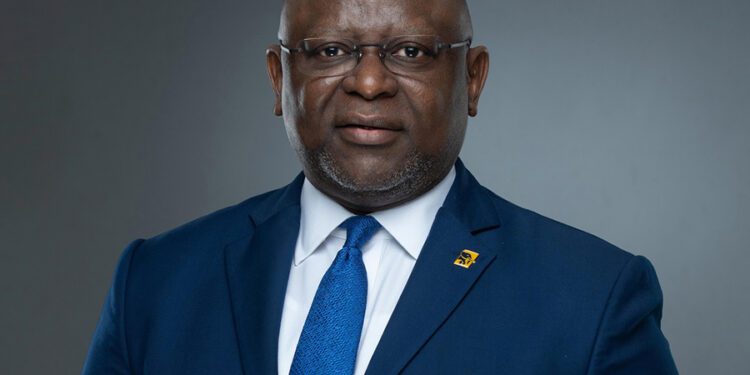The experience Nigerians have gone through this depressing time has been hard.
Seeing the many sad faces on ATM queues in the last few weeks, desperately searching for cash has been so sad.
Its equally saddening reading of the pain and anguish of people who have either lost relations and friends or have gone through hell in seeking healthcare for loved ones, as a result of the cash crunch.
Sadly, the Nigerian currency has evolved over time. After the era of trade by barter, cowry shells were widely used as a medium of exchange until 1907 when the British West African pound was introduced.
This was in use until 1958 when the Nigerian Pound was introduced. The first major currency followed the colonial ordinance of 1880 which introduced the Shillings and Pence as the legal tender currency in British West Africa.
This is because some medical facilities and businesses have refused to offer emergency treatment or services to patients unless cash payment was made.
Yet, the cash crunch has also one way or the other affected bank transfers and apps. Some have completely shut down due to network instability, while some customers have been left stuck in the cause of all these.
Though, a talk for another day, this crisis has no genuine basis, as this was supposed to be a routine change of notes. This period, is one characterised by less cash transactions, while at the same time short-changing the nefarious deployment of cash by parasitic actors, who are taking advantage of different elements of the system to wreak havoc.
Despite this, with the impressive financial performance recorded by Africa’s biggest bank, FirstBank Nigeria Limited, the institution has signaled its firm return to profitability growth and industry leadership, confirmed by improved ratings of its mobile app in this cashless policy.
First Bank is apparently building stronger corporate governance. Building on the recent disruption caused by the naira redesign, the bank, which is the commercial banking arm of FBN Holding Plc, increased customers’ trust in its services. With this, FirstBank has staged a comeback for greater and better times ahead.
The bank has successfully emerged from this turbulent period, performing better than its contemporaries. FirstBank has indeed demonstrated that it is not only back on track but also, has shown convincing evidence that it is poised to dominate its course.
Most industry analysts have rated First bank mobile app’s performance during this period as a life-saver, when other banks had issues with theirs– it is a double confirmation of what industry peers already acknowledge – back to leading the pack.
First Bank under the leadership of Adesola Adeduntan, has ensured the lender keeps the trust of Nigerians gained over many years of its enduring legacy of safety and security.
The bank’s customer accounts have grown from about 10 million in 2015 to over 36 million (including digital wallets).
The bank is also the second-largest issuer of cards in Africa with over 11.8 million issued cards, and onboard over 18.6 million active customers on FirstBank’s digital banking platforms.
For Adeduntan, at the heart of an agile and resilient business is technology-enabled innovation that allows organisations to stay ahead of the curve.
“The banking industry is very dynamic,” he says in an article published by KPMG, a multinational professional services network, and one of the Big Four accounting organisations.
No wonder the Banker’s Top 100 African Bank Rankings published by the Financial Times last week put First Bank at the top of the list of best banks in Nigeria. Top African Ratings, which is acclaimed to be the largest and most important edition for the African continent, ranked First Bank number one in Nigeria on overall performance with its 2021 end-of-year audited financials.
It was also ranked number one on profitability, efficiency and return on risk as its growth was ranked second in the country, testifying to the impressive performance of the financial entity.
This was also corroborated by the recent upward review of the bank and holding company’s ratings by an international rating agency.
Olamide Adeniji is a member of the editorial team of TheScript Newspaper




